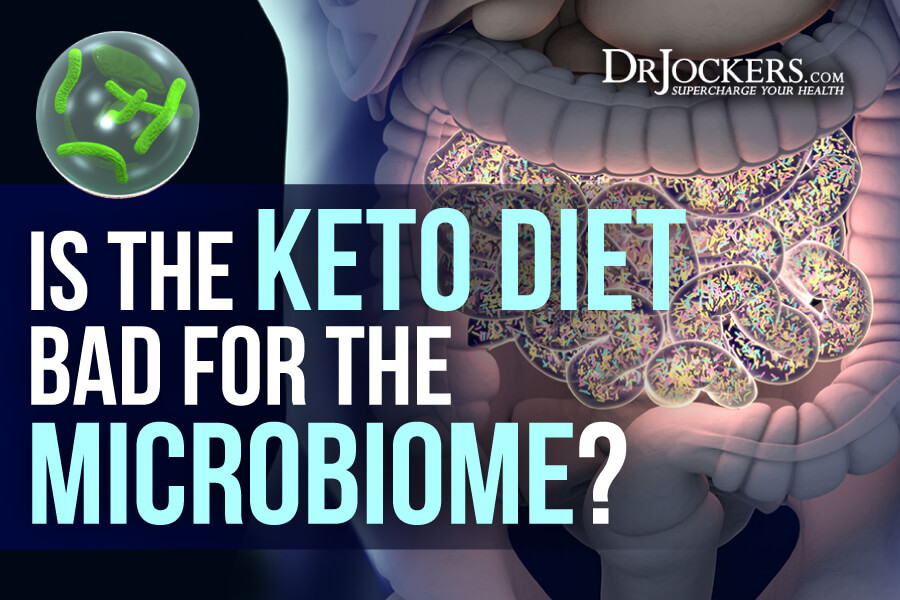 Is the Keto Diet Bad for the Microbiome?
Is the Keto Diet Bad for the Microbiome?
The keto diet seems to have an ever-expanding list of benefits for brain and body. While we do have some insight into why this may be the case, we are discovering deeper ways in which a keto diet changes the body for the better. It has become common knowledge that when the body is burning ketones, seemingly magical things happen in terms of inflammation, energy, and weight loss. What has been less talked about, is how keto impacts gut health and the microbiome.
Another widely adopted belief is that the health of the gut is imperative to overall health and most health experts would agree. So, let’s take a look into how the ketogenic diet and gut health intermingle and investigate if this style of eating is helping or hurting your gut health.
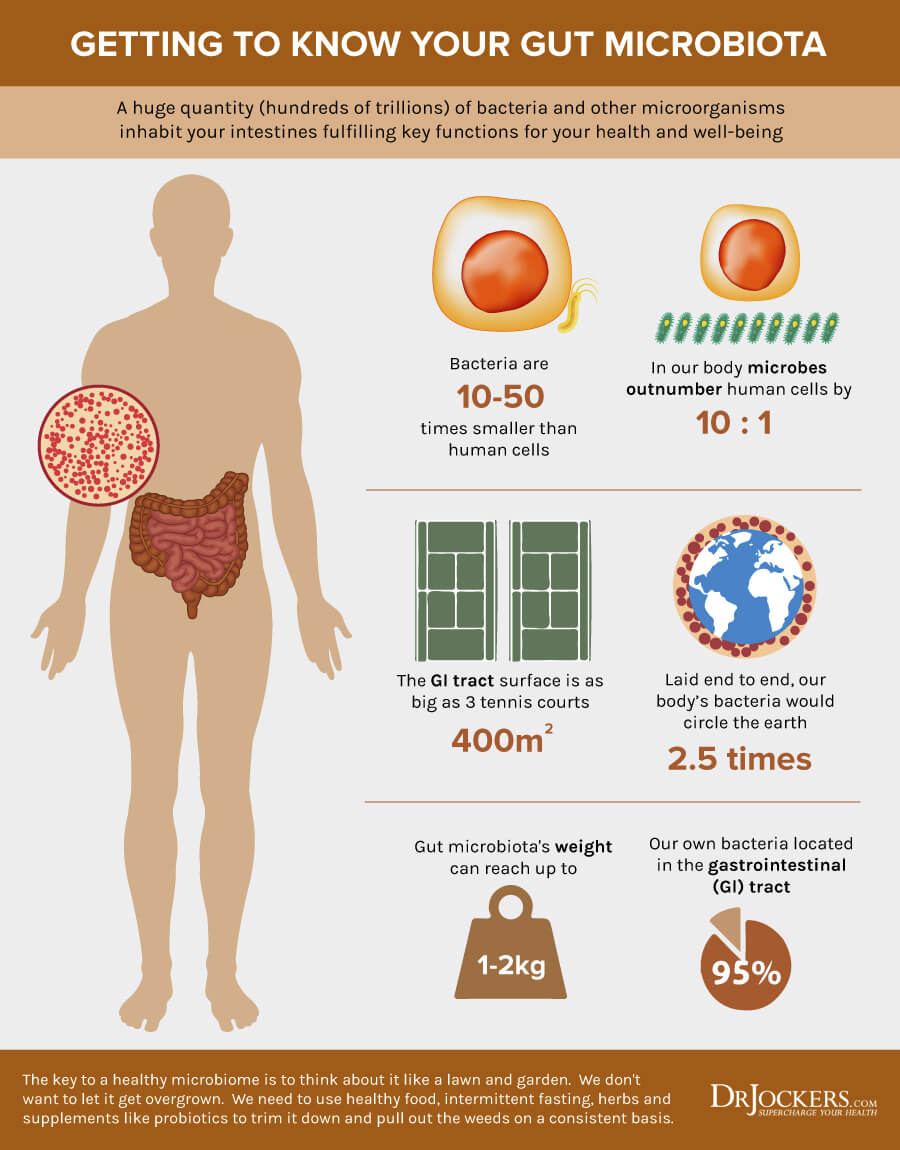
Ketogenic Diet
If you are not familiar, a ketogenic diet is one that emphasizes a majority of dietary calories from healthy fat sources. Dietary fats can consist of about 70-80% of total calories with the remaining 20-30% primarily consisting of clean protein sources and very limited amounts of carbs.
This eating pattern essentially makes sugar unavailable as an energy source in the body, forcing a metabolic shift where the body chooses to burn fats as an energy source instead. Fats are converted in the liver to molecules called ketones that readily cross into cells to provide an efficient source of energy.
The many benefits of the ketogenic diet include more energy, increased weight loss, heightened mental acuity, reduced food cravings, and reduced risk of chronic diseases. You can read more about these benefits here: 9 Proven Benefits of a Ketogenic Diet
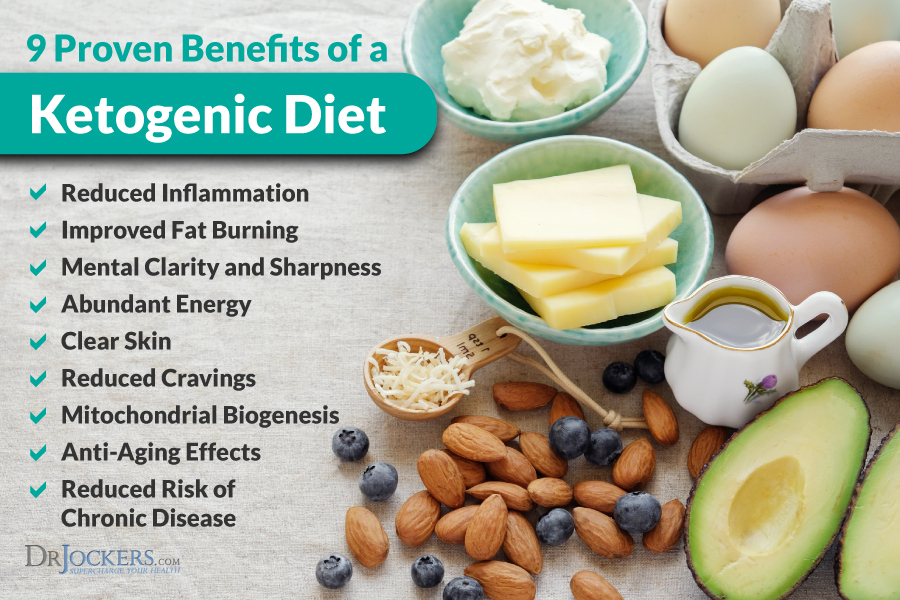
Importance of Gut Health
Conditions such as leaky gut, candida overgrowth, and general dysbiosis of the gut microbiome run rampant in today’s society. These things act as a source of chronic inflammation, contributing to secondary conditions such as brain fog, depression, anxiety, autoimmune conditions, and more.
Having a healthy gut will determine largely your ability to make neurotransmitters in the brain, the strength of your immune system, and the amount of nutrition you are able to extract from the foods you are eating.
This is oftentimes one of the first things that needs to be addressed in someone who is struggling with any chronic health condition.
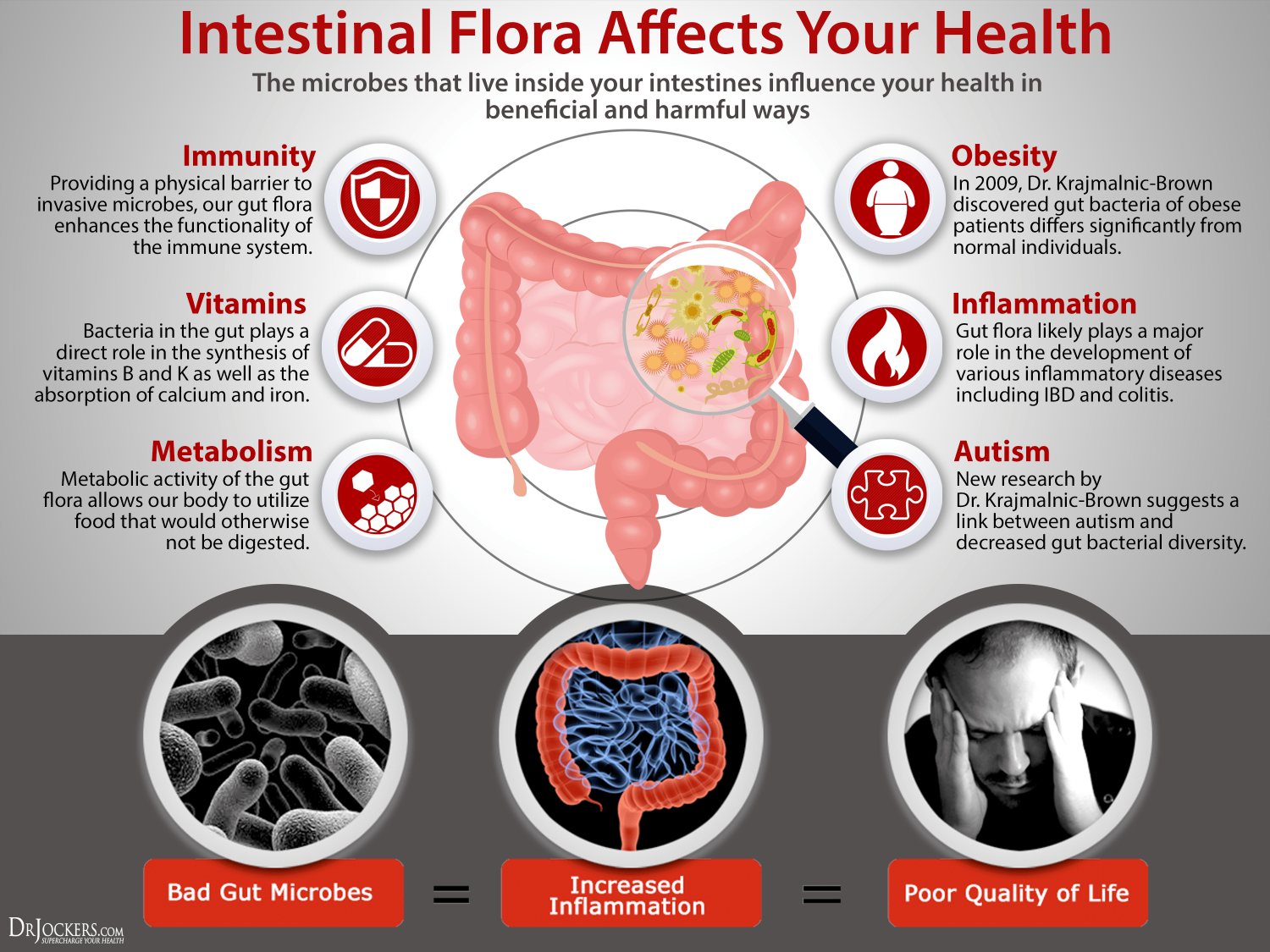
The Microbiome & Gut Health
The word microbiome simply describes the makeup of the bacteria and other microorganisms in your gut. This microbial balance is constantly changing and is altered by stress patterns and the things you consume on a daily basis.
The key to think about here is that, based on our knowledge this far, some strains of bacteria seem to be beneficial while others are pathogenic in high numbers. Additionally, our microbiomes are like fingerprints, everyone’s is unique (1). Keeping our good bacteria elevated and pathogenic bacteria at bay will be a key strategy for optimizing gut health.
If pathogenic microorganisms become highly populated, they steal nutrients, damage cells, release toxic waste products into the bloodstream, and massively upregulate inflammation in the body. This chronic inflammatory response creates many problems in the body, affecting digestion, the immune system, and brain function (2).
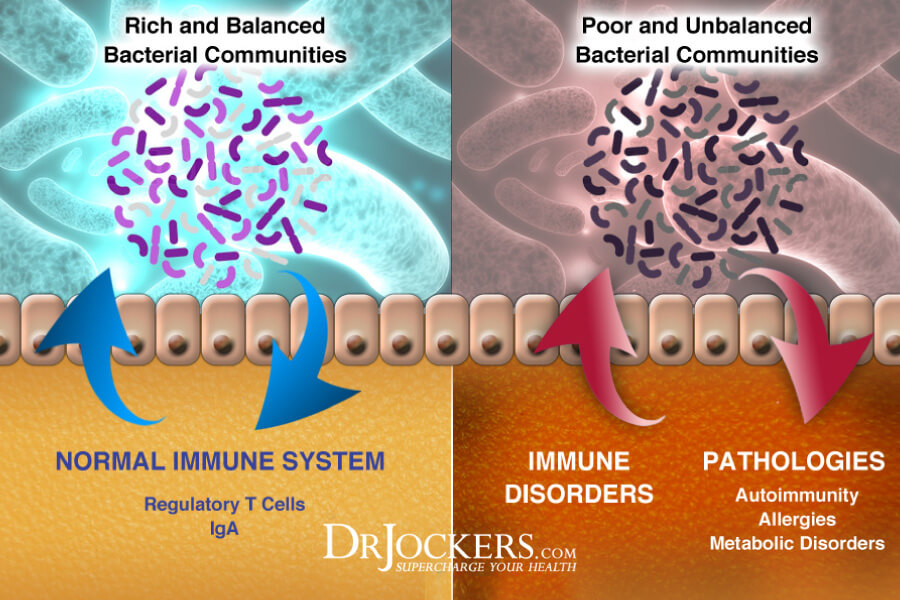
Food & the Microbiome
The foods you are eating on a daily basis have a large impact on the health of your gut and microbiome. The following are some of the things that can either help or harm your gut:
Harmful to the Gut: Excessive Sugar Intake, Non-organic produce containing pesticides, Alcohol, Grains, Unfiltered Water, Low Fiber Intake, Personal Food Sensitivities, Highly processed foods, fried foods
Helpful to the Gut: Prebiotic Fiber, Short Chain Fatty Acids, Healthy Fats, Probiotics and Fermented Foods, Antioxidant-rich herbs and spices, collagenous proteins (bone broth)
If you are regularly consuming the foods in the “Harmful” category, you are increasing your risk of dysbiosis in the microbiome, leaky gut, and further complications later in life such as autoimmunity (3, 4).
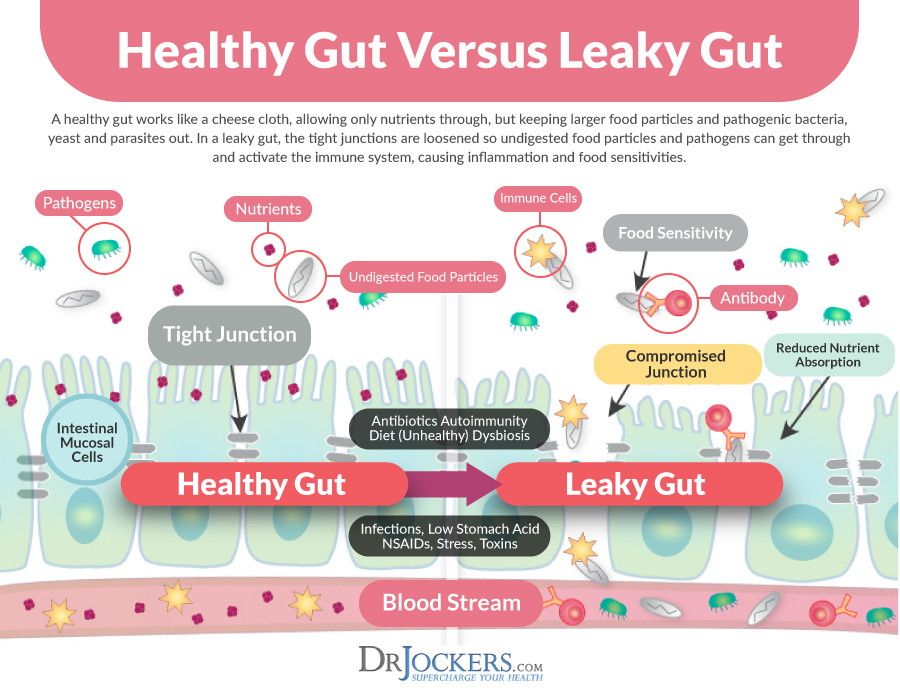
Why High-Carb Diets May Be Harmful
The average American diet tends to be loaded with processed foods and carbohydrates. Of the many types of carbohydrates, fructose is a main player in many of the chronic health conditions we face today. High amounts of fructose consumption can alter the microbiome in a way that promotes leaky gut, inflammation of the liver, and increased risk of insulin resistance and metabolic syndrome (5).
Additionally, certain microorganisms that are pathogenic in high amounts feed primarily on dietary carbs and sugars such as candida. While there are ways to consume carbs and maintain a healthy gut, carb sources must be chosen carefully to ensure only healthy gut bacteria are being nurtured.
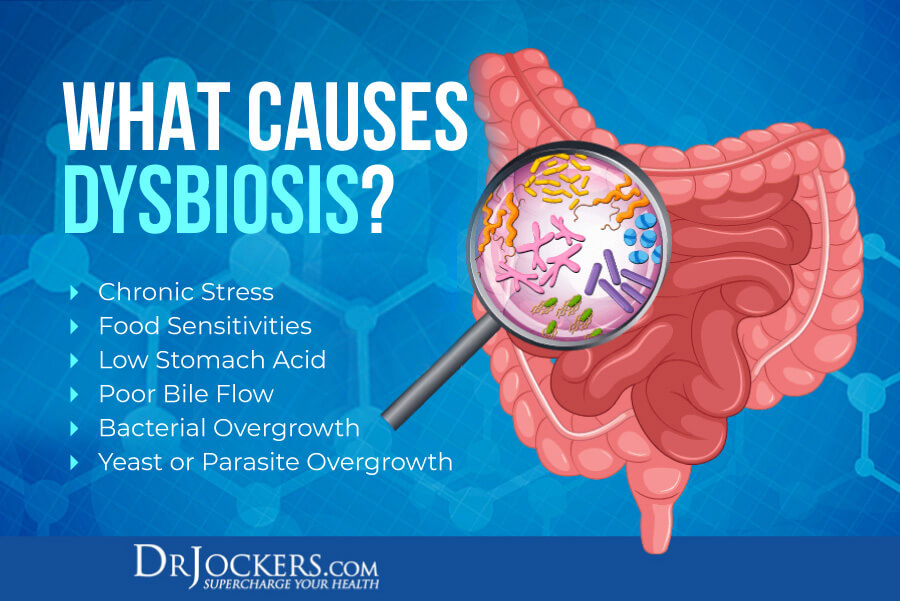
How the Keto Diet Impacts Gut Health
Now, we started out talking about the keto diet and went down a little bit of a gut health rabbit hole. So how are they connected? It appears that the ketogenic diet has a beneficial impact on gut health and the microbiome.
The following are three studies showing the beneficial changes that occur to the microbiome while on a ketogenic diet and the implications of these changes for 3 neurological diseases.
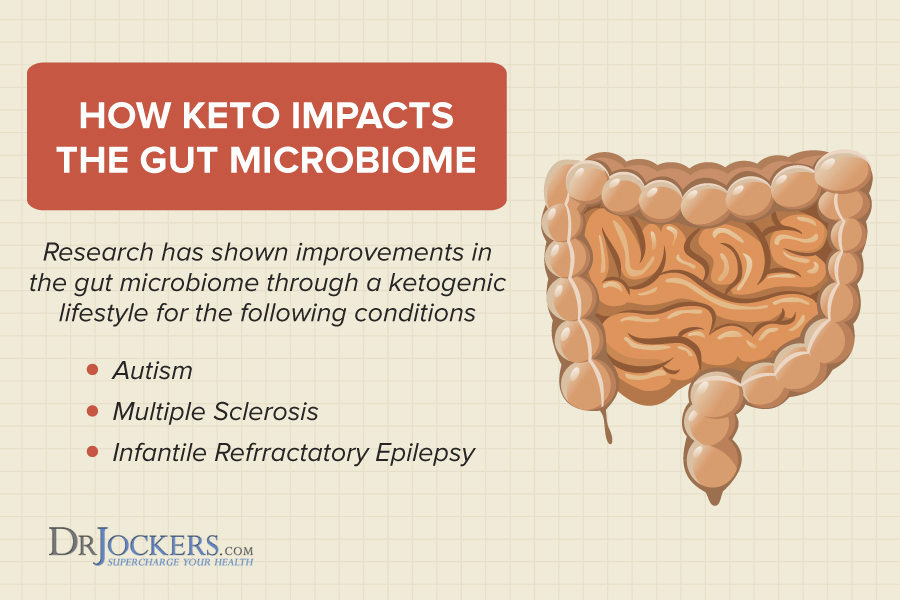
Autism
Gut microbiome imbalances are a well-established occurrence in cases of autism spectrum disorder. A 2016 study published in the journal Molecular Autism investigated whether or not a ketogenic diet was able to illicit beneficial changes in the gut microbiome in an animal model of Autism (6).
After implementing a ketogenic style of eating for a 10-14 day period, the microbiome of these animals was observed and the following was concluded:
- The ketogenic diet (KD) had an overall anti-microbial effect by decreasing the overall microbial content in the stool and colon.
- An improvement in the ratio of firmicutes to bacteroidetes species. A low ratio of firmicute: bacteroidetes is common with ASD, the KD was able to improve this ratio.
- The KD specifically helped to lower an overabundant growth of Akkermansia muciniphila bacteria species
Finally, the authors of this study concluded that, in addition to the changes in the microbiome, there was also a reduction of ASD-associated neurological symptoms.
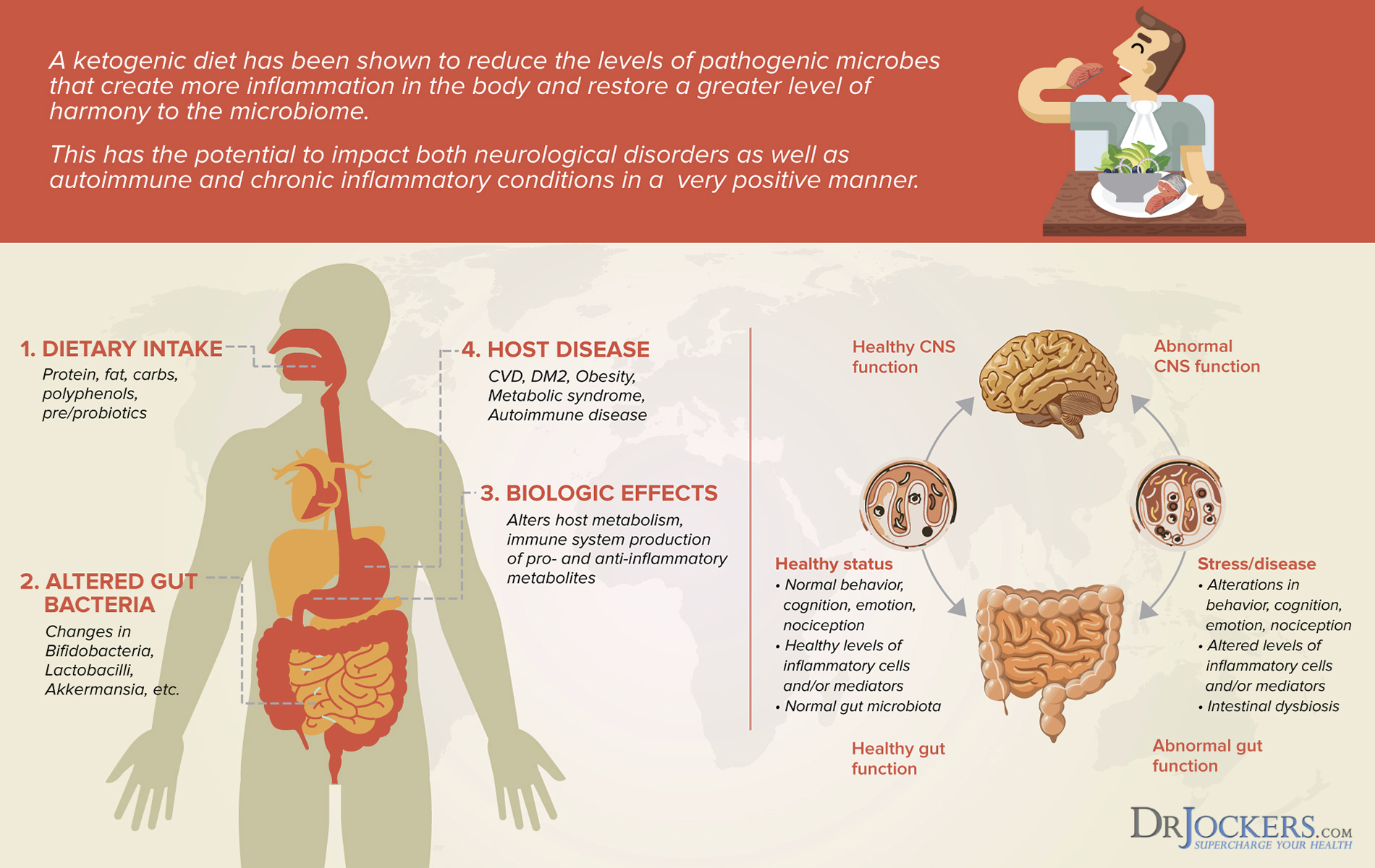
Multiple Sclerosis
Another study published in the journal Frontiers in Microbiology in 2017 observed the connection between the microbiome, the ketogenic diet, and the potential role these could play in cases of Auto-immune Multiple Sclerosis (AIMS) (7).
A common attribute to AIMS is the impairment of what is called “colonic bio-fermentative function”. What this essentially means is that the ability of the bacteria in the colon to ferment different food materials into beneficial byproducts is inhibited. This is an important role for producing things like short-chain fatty acids (SCFAs) which protect the gut and provide energy to a small proportion of the body’s tissues (8).
Instead of beneficial SCFAs, the dysbiotic colonic bacteria will be more likely to ferment foods into harmful byproducts that are toxic for the body.
The poor ability of the colonic bacteria in AIMS cases to perform the beneficial process of fermentation is likely due to imbalances in microbial species. In the study mentioned above, 6 months on a ketogenic diet was able to restore healthy levels of microbes in the colonic microbiome in these cases.

Infantile Refractory Epilepsy
Finally, a recent study in the journal World J Gastroenterology investigated refractory epilepsy in infants along with the connection of their microbiome. They also employed a keto diet to observe any changes that would occur after doing so.
In this study 14 epileptic and 30 healthy infants were observed. The frequency of seizures along with a gut microbiome analysis was performed to identify any key trends.
What they found was that the infants with refractory epilepsy have substantially different microbiomes when compared to healthy babies. Additionally, they found that implementing a ketogenic diet caused a significant reduction in seizures along with a drastic reshaping of the gut microbiome in epileptic infants (9).
Specifically, the following species were noted:
- Proteobacteria including Escherichia, Salmonella, and Vibrio accounted for about 24% of the microbiome of pediatric patients. This class of bacteria are associated with health problems in excessive numbers. These species were reduced significantly after implementation of a KD in both groups.
- Bacteroidetes, higher in healthy infants, increased in both groups after implementation of KD. Bacteroidetes help to regulate the secretion of pro-inflammatory cytokines, IL-6 and IL-17, in dendritic cells which have been identified as key factors in the severity and frequency of epileptic episodes (10)
- Cronobacter, which was much more prominent in epileptic infants (23% in comparison to 0% in healthy infants) was reduced significantly after implementing KD. Cronobacter is virulent in epileptic infants and has the potential to lead to sepsis or meningitis if left unaddressed.
- Increase in Prevontella species which promote the formation of SCFAs.
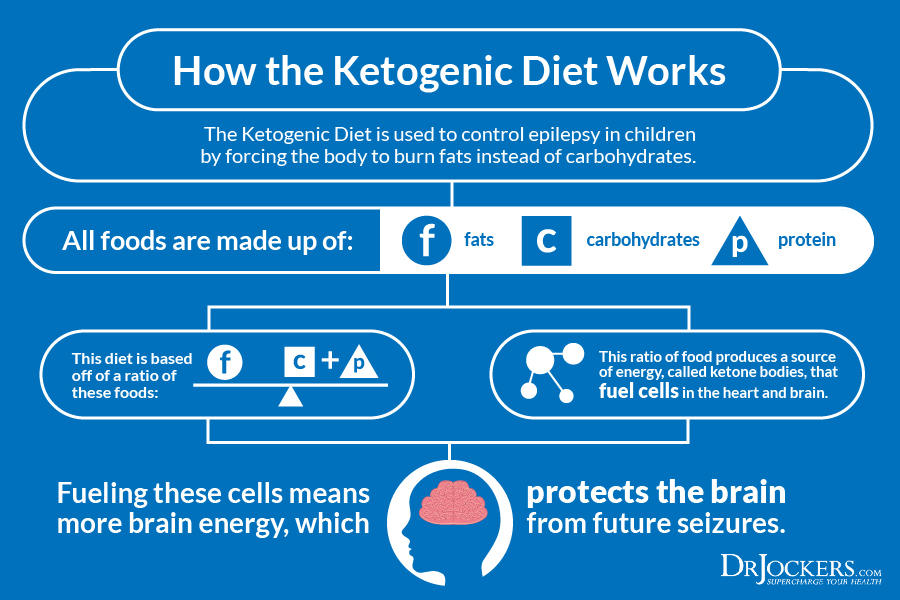
Summary
While we certainly don’t know everything there is to know about the keto diet and its effects on the gut, there certainly seems to be a beneficial trend. Three serious neurological conditions have seen improvement along with substantial changes in the microbiome after implementing a KD.
While these studies were performed on relatively small samples of subjects, it appears that the keto diet alters the microbiome in a way that:
- Favors known beneficial bacteria in the gut while inhibiting potentially harmful bacteria
- Improves neurological function
- Increases fat burning capabilities
- Facilitates an overall anti-inflammatory effect, especially in the brain
Other Strategies to Improve Gut Health
While the keto diet is absolutely powerful for creating positive changes in gut health and the microbiome, I like to practice and encourage as many of the following strategies below in order to maximize these benefits:
- Avoid Microbiome Destroyers: Glyphosate (11), Artificial Sweeteners, Sugar, GMO foods, certain drugs
- Cut Sugar Intake – Feeds unwanted microorganisms
- Increase Prebiotic Fiber Intake
- Consume Fermented Foods
- Implement Intermittent Fasting
- Use Anti-Microbial Herbs
- Use Soil-Based Probiotics
- Consider using lipase rich digestive enzymes
For an in-depth discussion on how to fortify your gut microbiome and gut health, continue reading here: 10 Ways to Improve the Gut Microbiome
 Digestive Enzyme Support on a Keto Diet
Digestive Enzyme Support on a Keto Diet
Digestive enzymes assist in the chemical breakdown of food into smaller, absorbable components. For example, enzymes called amylases break down starches into sugar molecules; proteases break down proteins into amino acids; and lipases break down fat into its component parts.
Two key reasons to take digestive enzymes are that they support:
- Digestive health and normal elimination†
- Nutrient absorption and digestion†
For those following a ketogenic diet higher in fats and moderate in proteins but low in carbs, it’s important to have the corresponding ratio of fat-digesting, protein-digesting and carb-digesting enzymes to support the benefits of the keto diet.
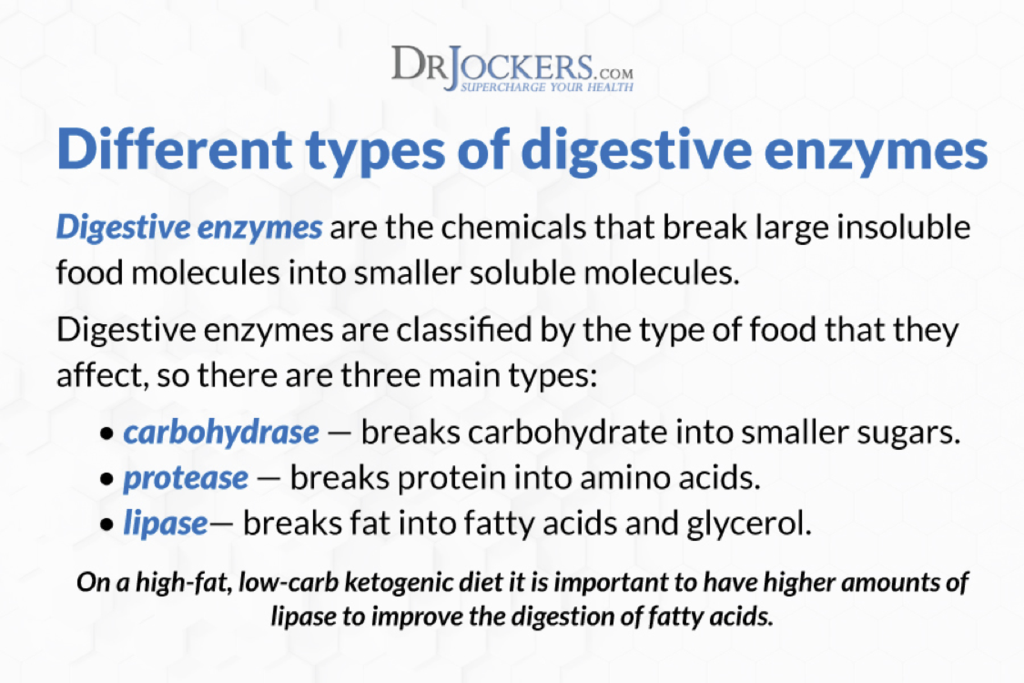
Introducing Super Digest HCL
We created Super Digest HCl to help support digestive health on a ketogenic diet. This product combines HCl (betaine hydrochloride) with a blend of enzymes essential for the digestion of fats, proteins and carbohydrates.
- Betaine hydrochloride (HCl) – an excellent source of hydrochloric acid, also known as stomach acid. Betaine HCl helps to sup- port proper stomach acidity, as adequate HCl is necessary to begin the breakdown of proteins, and to trigger the secretion of enzymes that help digest fats, carbohydrates and proteins.
- Dipeptidyl peptidase IV (DPPIV) – a special enzyme which aids in the breakdown of gluten and casein (hard-to-digest proteins in wheat and milk)
- Lactase: Enzyme that aids breakdown of lactose, “milk sugar”
- Ox bile extract and lipase – to emulsify and digest fats and fat-soluble vitamins
Improper digestive function can wreak havoc on various body functions including but not limited to immunity, reproductive health, bowel regularity, mood and energy. You may benefit from Super Digest HCl if you have any of these symptoms:
• Occasional bloating and gas, particularly after eating
• Feeling full after eating only a small quantity of food
• Infrequent mild indigestion/heartburn (components of undigested food bubbles back up into the esophagus)
• Bowel irregularities such as occasional diarrhea and/or constipation
This product is fantastic for supporting the digestive system and helping improve the digestion of fats and proteins by providing stomach acid, bile and pancreatic enzymes. I use this with individuals who have low stomach acid levels and poor bile flow.

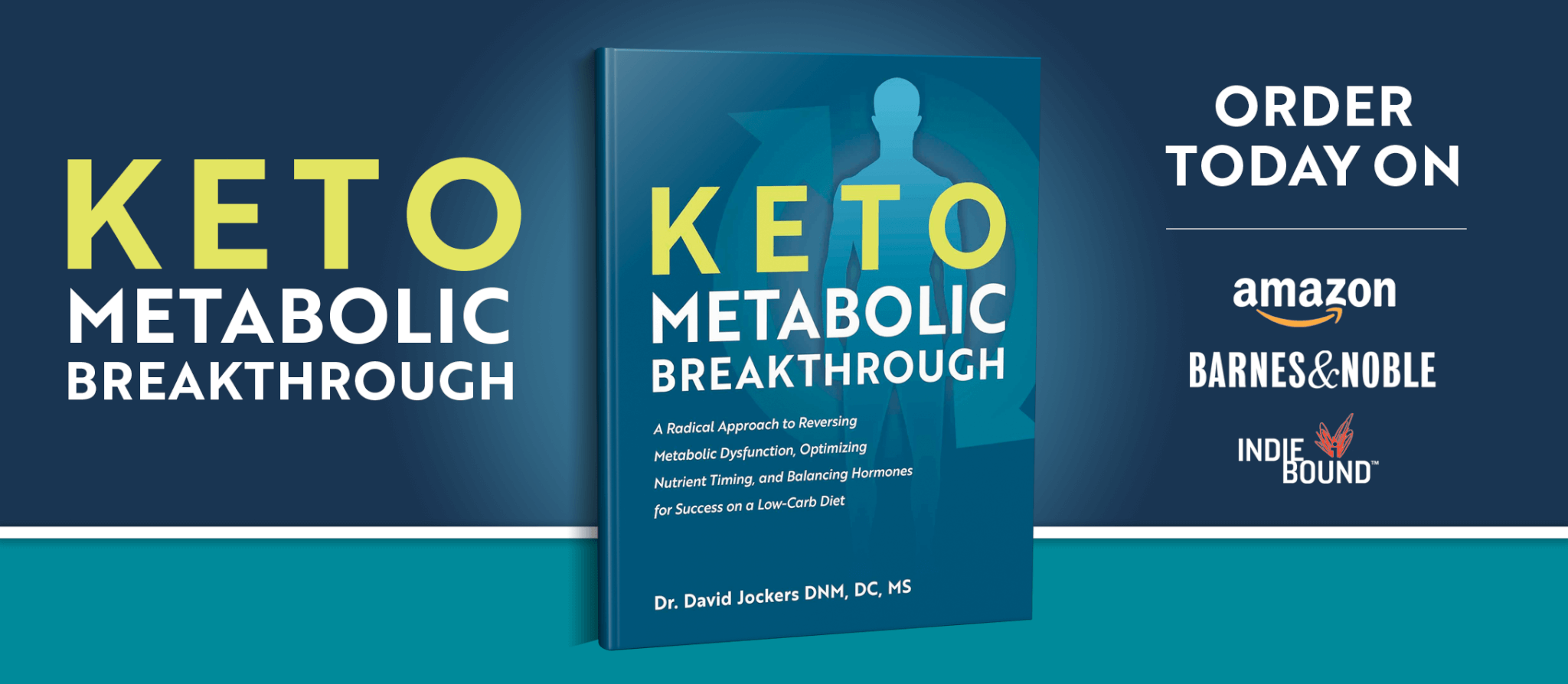


Actually Candida is fungus, not bacteria
Hey Neymar Jr, Yes, thanks! My team is working on remaking an image to clarify that it is a fungal yeast. More accurately it is a “dysbiotic flora”.